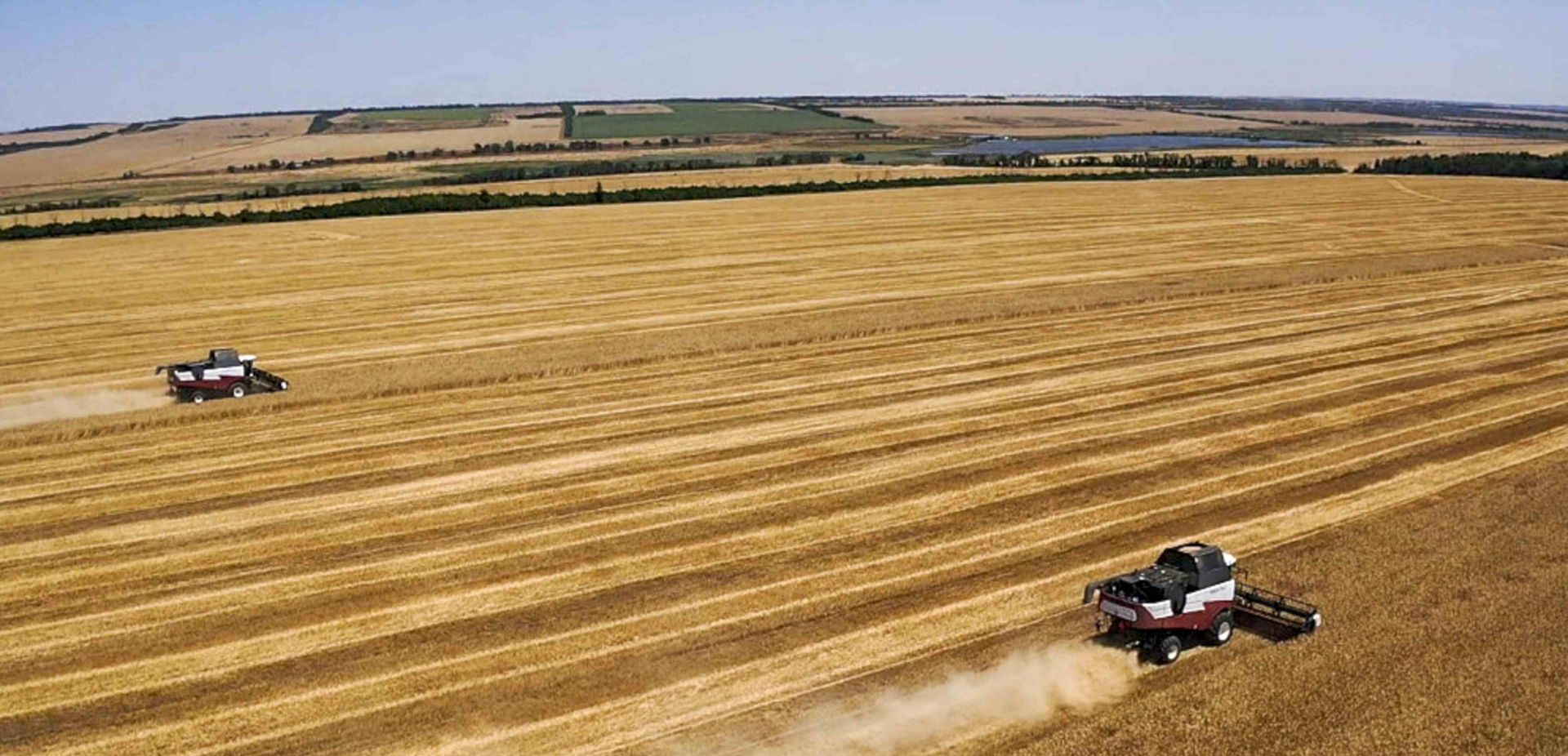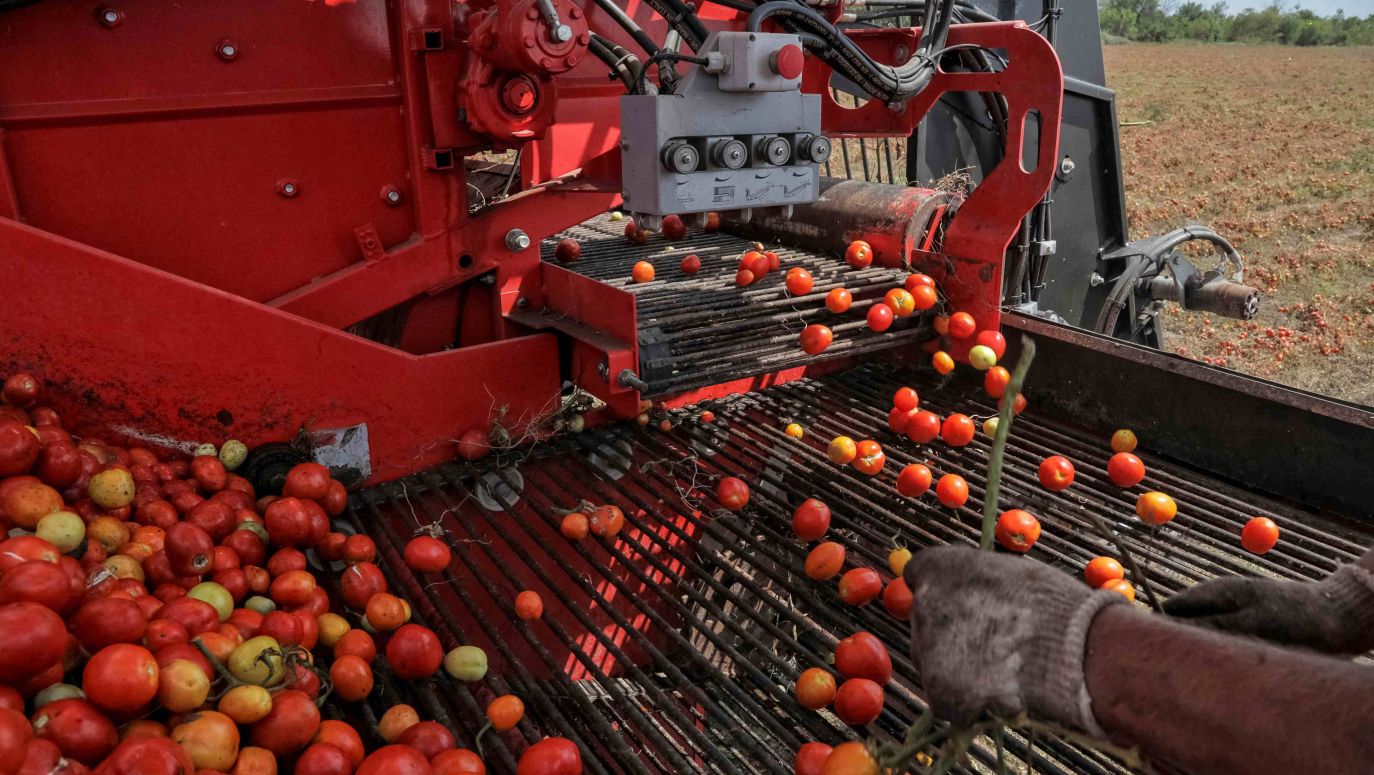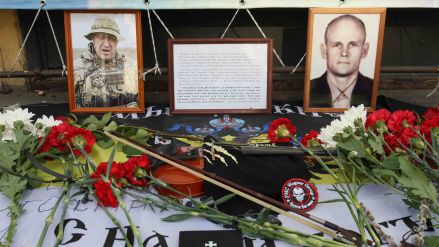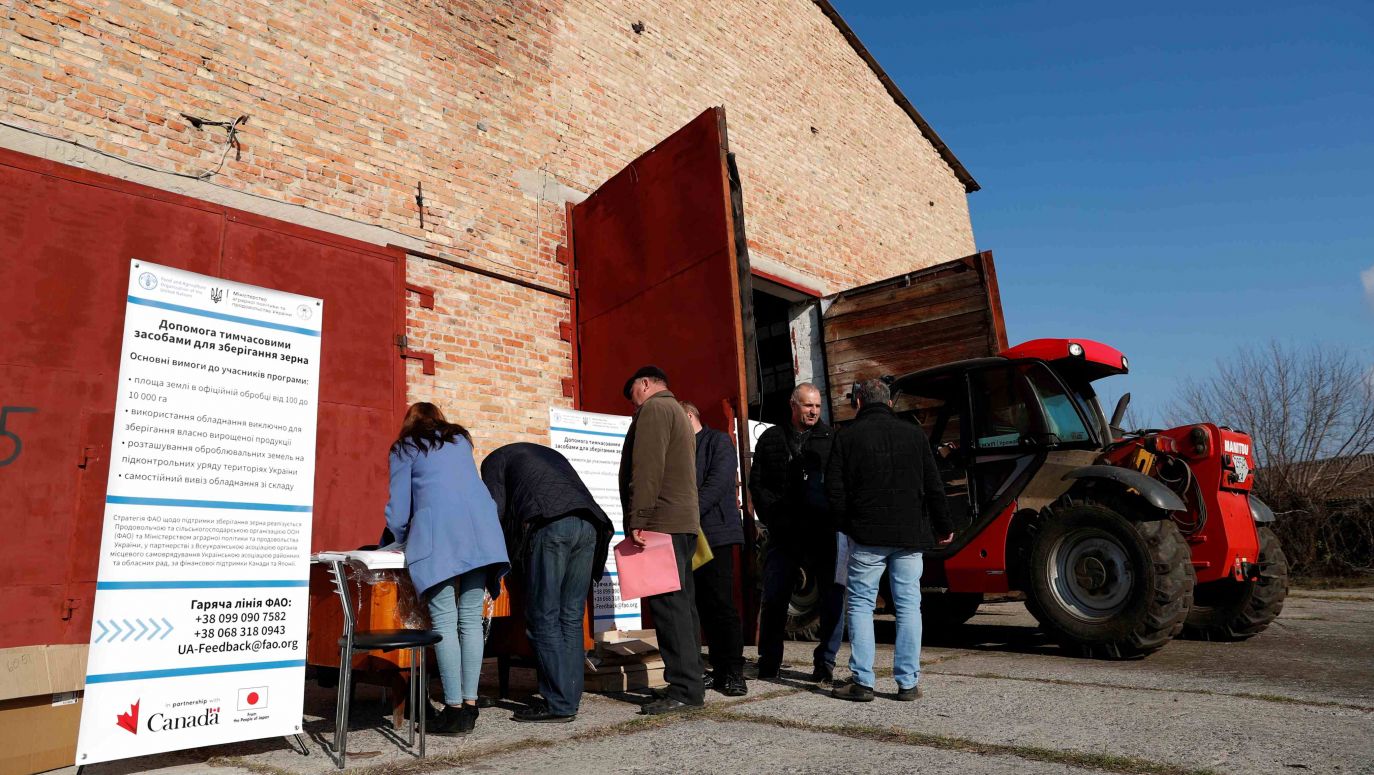All the more so because, as the editor-in-chief of the weekly “Poradnik Rolniczy” argues, Ukrainians (contrary to what the media sometimes say) are not particularly focused on Africa. Their largest recipients, according to our interviewee, are China, Arab countries and Western Europe. They sell huge quantities of feed to Spain and Italy, of cereals to Portugal or the Benelux countries, and of rapeseed to Germany.
“Despite all the export difficulties caused by Russia’s military invasion of Ukraine, the rapeseed segment achieved record exports in 2022/23 – 3.4 million tonnes (+26% compared to 2021/22). This was primarily due to the increase in demand from EU countries, access to which remained open and deliveries to remote recipients were really complicated. In 2023/24, rapeseed supplies will continue to increase to a new record of 3.55 million tonnes (+4%)” – the Ukrainians, namely Ivan Koziritski, co-founder and broker of Atria Brokers, do not hide in their analyses.
Koziritski also states that currently the safest way to export remains by land. Demand from Germany is very important because it is one of the key end recipients of Ukrainian rapeseed, which imported 451,000 tonnes of this oilseed from Ukraine in the 2022/23 season.
Meanwhile, Germany is also a key market for Poland. According to the Agricultural Advisory Centre in Brwinów, there were periods when 95% of our exports went to our western neighbour.
Half a million chickens died
Also imports of poultry from Ukraine, according to data from the Union of Producers and Employers of the Meat Industry, increased. It’s 93% if we compare the beginning of 2022 and 2023. – We also estimate that what was previously imported under the duty-free quota is now approximately ten times larger. The whole EU buys Ukrainian meat. Of course, it also buys Polish, but we had to lower prices a lot – says Jarosław Krzyżanowski, poultry breeder and vice-president of the Union of Producers and Employers of the Meat Industry.
Paweł Podstawka, president of the National Federation of Poultry Breeders and Egg Producers, said in an interview with “Wiadomości Rolnicze Polska”: -We know perfectly well that most poultry and eggs from Ukraine do not come from local producers, but are produced by the MHP concern registered in Cyprus, listed on the London Stock Exchange and having Western capital. This company is elbowing in Europe and wants to flood the European market with its production without having to worry about the rules that the EU requires us to observe. Their company, EU Poultry, imports poultry from MHP and processes it in Slovakia, whence the meat is sent to other EU countries. The owner of this company, Dmytro Borodavka, explicitly says that his goal is to displace Polish poultry from the market – he even met with the Slovak Minister of Agriculture on this matter.
And Ukrainians have no scruples. On July 13, 2023, Ukraine issued a decision to ban the import of hatching eggs, live poultry and poultry products and raw materials from Poland. To date, this country has been the largest importer of day-old broiler chicks from Poland. As a result of the unexpected and immediate introduction of sanctions, transports of broiler chicks were stopped at the border. Even though the National Chamber of Poultry and Feed Producers (KIPDiP) warned that this could lead to a real massacre of animals that would die in suffering in terrible conditions, the Ukrainian side did not care about it.
- Broiler chicks are delivered to recipients approximately 24 hours after hatching. They are transported in special vehicles to ensure optimal conditions. Unfortunately, these cars are not designed to withstand a delay of several days. Therefore, if the situation does not change in the coming hours, the chicks will die in agony – this is what Katarzyna Gawrońska, Director of KIPDiP, said at the time.
- I can fully understand, why the Ukrainians are fighting for the European market with such determination. Russia has destroyed almost its entire economy. The restoration of metallurgical, armaments and petrochemical sectors will take years and consume inconceivable amounts of money. Meanwhile, agriculture is still a sector that fuels the economy, while, in the future it may become the key segment of the whole country – concludes Kuroczycki.
Now, we have to work out how to align our national interests.
– Karol Wasilewski
TVP WEEKLY. Editorial team and jornalists
– Translated by Dominik Szczęsny-Kostanecki

 SIGN UP TO OUR PAGE
SIGN UP TO OUR PAGE
 This is because the agricultural structure of our eastern Neighbour is completely different from ours. Almost half of Ukraine’s total land area may be controlled by 93 major agricultural groups. Companies owned by ex-president Petro Poroshenko alone are supposed to have controlled – and a decade ago at that – nearly 100,000 hectares of arable land. Which anyway, by local standards, is a small estate. There are billionaires who own up to 800,000 hectares of land. By comparison, the largest farm in Poland covers 30,000 hectares. That’s 26 times less! And still, it is foreign. The most powerful Polish farmer owns 12,000 hectares, so 66 times less.
This is because the agricultural structure of our eastern Neighbour is completely different from ours. Almost half of Ukraine’s total land area may be controlled by 93 major agricultural groups. Companies owned by ex-president Petro Poroshenko alone are supposed to have controlled – and a decade ago at that – nearly 100,000 hectares of arable land. Which anyway, by local standards, is a small estate. There are billionaires who own up to 800,000 hectares of land. By comparison, the largest farm in Poland covers 30,000 hectares. That’s 26 times less! And still, it is foreign. The most powerful Polish farmer owns 12,000 hectares, so 66 times less.






